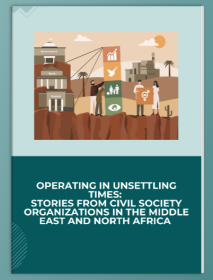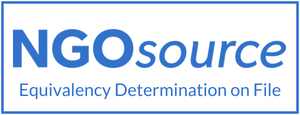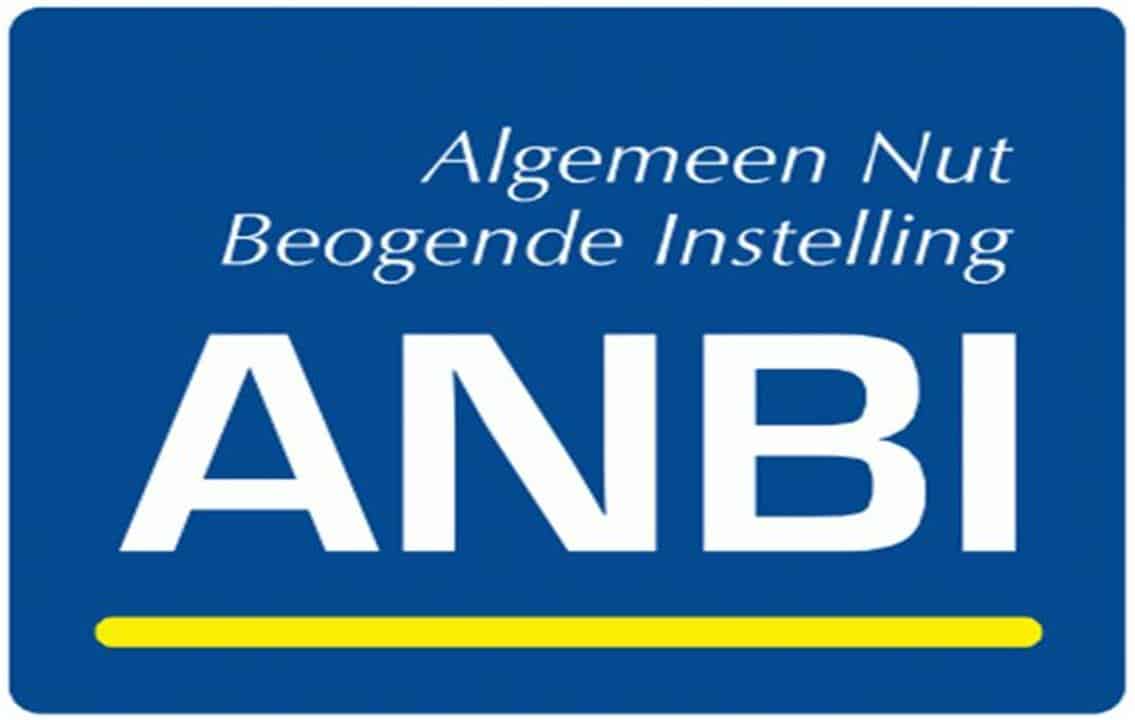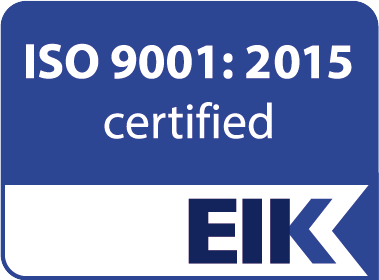Despite moments of hope sparked by uprisings in the Middle East and North Africa (MENA) since the 2010s, the region today is experiencing a stark deterioration in human security and human rights, marked by rising authoritarianism and conflict. Repression is increasing, civil society is under attack and civic space is in decline. As a result, civil society’s ability to operate is limited.
Amid this challenging environment, Human Security Collective carried out an online consultation in 2024, as part of the Civic Horizons project, with civil society organizations (CSOs) from Morocco, Tunisia, Libya, Iraq, Jordan, and Lebanon. The findings, captured in our latest report Operating in Unsettling Times, reveal a civil society sector in a state of survivalism: navigating simultaneous crises, restrictive regulations, and financial barriers such as bank de-risking.
During the consultation, organizations shared how they are caught between the pressure of repressive state policies and the demands of international donors. Overburdened by compliance requirements, many CSOs are forced into reactive modes of operation, with little space to pursue proactive, long-term strategies to address the root causes of violence, inequality, and injustice. At the same time, they work tirelessly to sustain their missions, protect their staff, and continue serving their communities, often with limited resources and high risk.
Yet even under these difficult conditions, civil society across the region continues to demonstrate remarkable resilience. CSOs are carving out small but vital spaces to operate, connect, and organize. Drawing on the experiences and recommendations from the consultation, the reports explores possible paths forward, from short-term coping strategies to long-term structural changes that could help civil society move from survival to flourishing. Key among these is the need for a shift in how international support is provided. Donors, including international NGOs acting as intermediaries, are called upon to rethink rigid compliance frameworks and allow for more flexible, trust-based funding. Supporting civil society to define success on its own terms, grounded in local knowledge and priorities, is essential to creating more inclusive, sustainable change.





